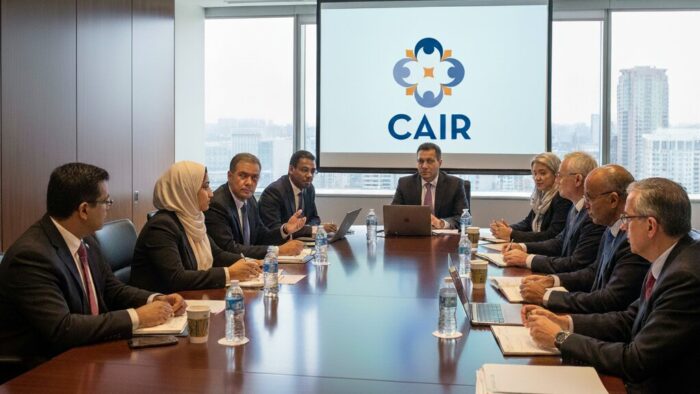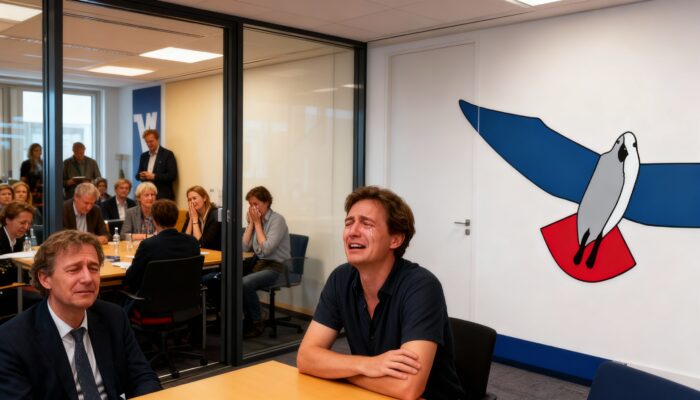Germany’s domestic intelligence agency has reported on attempts by the Turkish government to influence public opinion in Germany and identified Turkish influence organizations in the country. According to the agency’s newly released 2020 annual “Constitutional Protection” report:
In addition, the MİT [Turkey’s state intelligence agency, ed.] tried to influence public opinion in Germany. The Turkish diaspora organization Union of International Democrats (UID) was an important front organization for exerting influence on a political and social level in the interests of the Turkish ruling party AKP. It represents the interests of the Turkish government in Germany and Europe and is the unofficial foreign organization of the AKP.
The DİTİB is, as it is also evident from its statutes, part of the Directorate of Religious Affairs (Diyanet İşleri Başkanliği) of Turkey in Ankara. In this context, the AKP exercises influence through the DİTİB, its affiliated associations and its educational institutions in Germany. In DİTİB mosque communities not only religious content is conveyed, but one-sided political agitation in the interests of the Turkish government. Furthermore, it can be assumed that the Turkish government will continue to use the structures of the DİTİB covertly in order to spy out alleged regime-critical institutions and individuals in Germany. [Translated with Google Translate with minor edits]
Read the full report here.
The intelligence report notes that through UID and DITIB, Turkey seeks to spread the narrative that the majority of the population and authorities in Europe are hostile to Islam, that German authorities are adopting double standards towards Muslims, and that Western media is overplaying Islamist-motivated terrorist acts while downplaying violence against Muslims.
Turkey is known to employ several forms of influence operations, using organizations providing services to the Turkish diaspora, Islamist groups, political organizations, education, and supporting organizations that effectively lobby for the Turkish government.
The Union of International Democrats (UID; formerly known as the Union of European Turkish Democrats) describes itself as a voluntary NGO founded in 2004 that operates in several European countries. Its aims include increasing the economic, political, and social activities of Turks and “sister communities” abroad without alienating their identities and values as well as combatting Islamophobia. German media has described it as a lobbying group for President Erdoğan and his AKP that emphasizes Turkish values and customs. The German Office for the Protection of the Constitution monitors the UID, describing it as “nationalist” and incompatible with Germany’s free democratic order.
The Directorate of Religious Affairs (Turkish: Diyanet İşleri Başkanlığı or Diyanet) is a Turkish state institution responsible for managing religious affairs. The Diyanet was founded in 1924 to monopolize control of Sunni Islam in Turkey under the state. The Diyanet drafts a weekly sermon delivered at all of Turkey’s mosques, and their imams are civil servants employed by the state. Starting in the 1980s, the Diyanet began to manage mosques abroad and send imams there to promote Turkish Islam. After the Justice and Development Party (AKP) came to power in 2002, it has quadrupled the Diyanet’s budget and installed leaders who supported its positions, whereas it previously had been secular and independent of state interference. Through organizations such as DITIB, the Diyanet provides imams and pays imams for Turkish mosques abroad, and Diyanet imams have spied on Turkey’s opponents abroad and reported back to the government.










